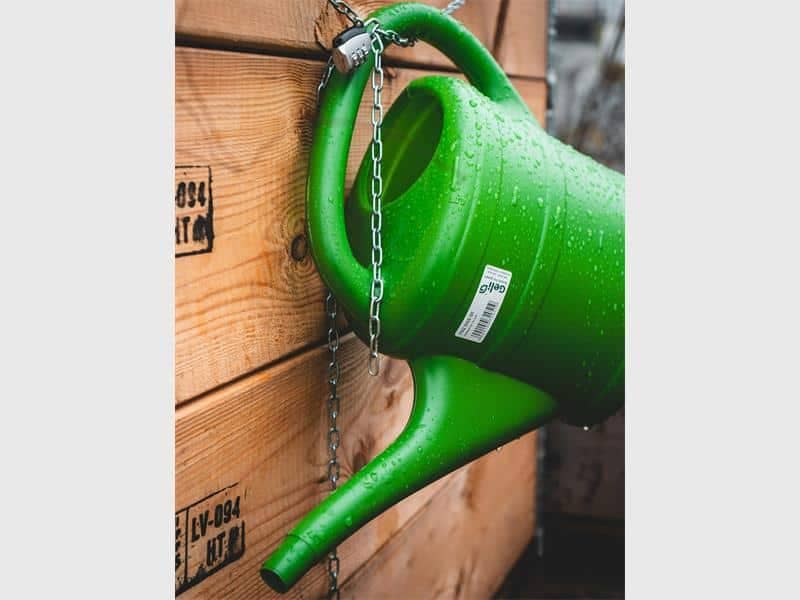Akon, the Senegalese-American singer, has alleged that Elon Musk, the world’s wealthiest individual and head of the U.S. Department of Government Efficiency, is advocating for white individuals in South Africa due to the better living conditions of their black counterparts. He made these statements during a recent episode of the podcast Bagfuel Brigade. Musk, who was born and raised in South Africa, has previously criticized the country for having “racist ownership laws” and accused the government of inadequately addressing what he termed a “genocide” against white farmers. These comments were made in response to the new Expropriation Act land law introduced by President Cyril Ramaphosa’s administration in January. The legislation permits the government to seize land, occasionally without paying compensation, in specific situations, like when the land is not being utilized or there is a public need for its reallocation. Akon asserted that Musk is advocating for white individuals in South Africa, who are facing worse living conditions than their Black peers. He remarked, “In South Africa, white individuals do not enjoy the same privileges that white individuals have in America.” South Africa is likely the only country in Africa where the roles have reversed, with white individuals residing in less affluent areas while black communities enjoy better living conditions. Elon Musk advocates for the white population in South Africa because he believes they are being unfairly treated and that there is a lack of equality. White individuals are advocating for equality in South Africa due to the fact that Black people make up the majority of the population. If the Black population in South Africa stands together, and if every other African nation follows suit, we could become the dominant power in the world. Akon’s assertion that black South Africans experience better living standards than white individuals is contradicted by the data from the region. According to the 2022 World Bank statistics, the average salary of white workers is nearly three times higher than that of black workers. Furthermore, even three decades after apartheid, white farmers still possess around 75% of the land in South Africa, despite representing only 7% of the population.


